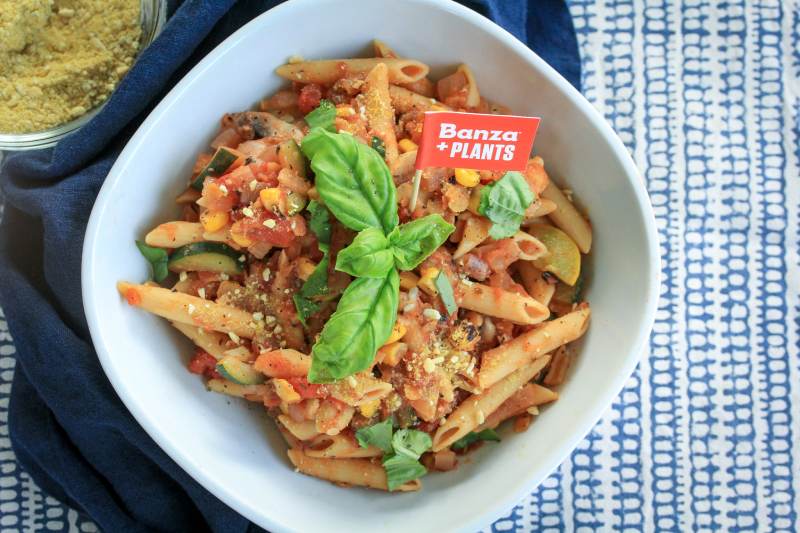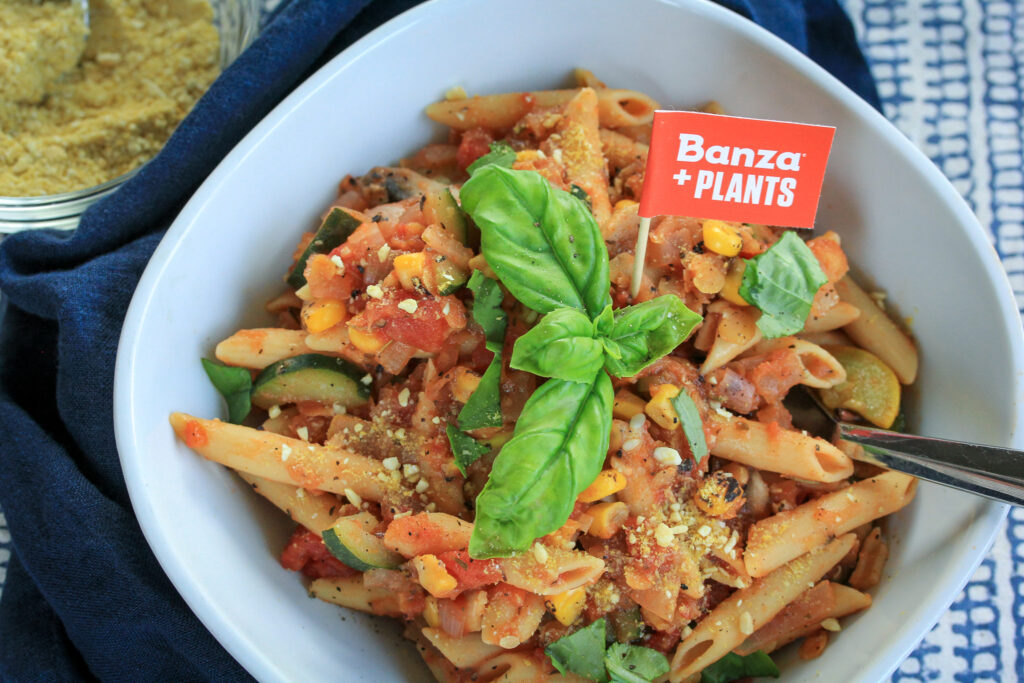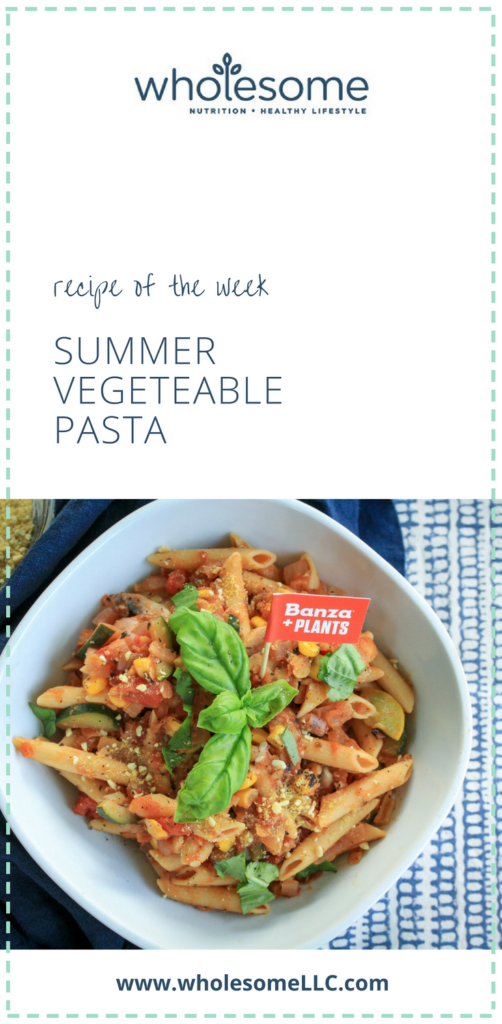Podcast Features
What do you want to learn more about?
Mentorship Program, 1:1 Nutrition Coaching with Alison
The Wholesome Journey - Group Nutrition Coaching Program
May 18, 2018
Alison Tierney, MS, RD, CD, CSO
Alison is a registered dietitian, board-certified in oncology nutrition, and a cancer thriver. Her expertise in oncology nutrition and personal experience with her own cancer diagnosis and its treatment provide her with the unique perspective of being able to relate to her clients on an entirely different level. Her content is consistently focused on evidence-based guidelines and seeks to increase the awareness of the power of nutrition to complement traditional cancer therapies.
- Alison Tierney, MS, RD, CD, CSOhttps://wholesomellc.com/author/alisonwholesomellc-com/
- Alison Tierney, MS, RD, CD, CSOhttps://wholesomellc.com/author/alisonwholesomellc-com/
- Alison Tierney, MS, RD, CD, CSOhttps://wholesomellc.com/author/alisonwholesomellc-com/
- Alison Tierney, MS, RD, CD, CSOhttps://wholesomellc.com/author/alisonwholesomellc-com/
Common Vegetable Nutrition Questions Answered
- “How much nutrition is lost if I cook vegetables?”
- “Do I get any good nutrition from cooked vegetables?”
Answer:
- It depends.
- Of course!
The truth is, when a vegetable is cooked, it will lose some vitamins, minerals, and sometimes will inactivate certain enzymes required for maximizing health benefits. Ultimately, the end result depends on what method of cooking is used, how long the vegetable is cooked for, if you chop the vegetable and how long the cut vegetable is exposed to the air!

As you can see, there are many factors that go into play. Therefore, I encourage you to focus on one thing to start:
Just eat vegetables–any way you choose.
If you do not care for raw broccoli (like myself), try roasting broccoli!
If you do not like roasted carrots, eat raw carrots!
If you do not like cooked spinach, eat a nice raw spinach salad!
If you do not care for celery on its own, add it to soups or add some natural peanut butter!
You might ask yourself, “Okay, but what if I only like roasted broccoli smothered with cheese sauce?” Eat it. BUT, slowly start reducing the cheese sauce and explore other ways to cook or include broccoli into other dishes without smothering it in cheese sauce.
When Lauren and I were in college, we knew we needed to explore new flavors. New vegetables. New fruits. So we made it our goal that every time we went to the grocery store we would try one new fruit or vegetable. Together, we decided which piece of produce we would try and researched the best way to cook, or eat, it. YouTube and Pinterest are great platforms for this.
From that experience, I learned there were so many fruits and vegetables I actually liked! Of course, there are a few I still don’t care for [eggplant and asparagus], but my taste preferences expanded during that period of time.

And as summer approaches, I am looking forward to the Community Shared Agriculture [CSA] we get every year because it’s a great way to be adventurous and try new things, just like our college experience.
Here at Wholesome, I love to share my favorite ways to incorporate the healthiest foods into our everyday diet. And for me, my favorite way to incorporate vegetables is adding them to everyday dishes. Everyday dishes like Pasta Primavera, Black Bean & Red Lentil Soup, Fiesta Pasta Salad, Cowboy Caviar, and today’s recipe–Summer Vegetable Pasta!
We can’t wait for you to try this legume-based pasta loaded with common summer vegetables which is a sure-to-be family favorite!
Summer Vegetable Pasta
Serves: 4
ingredients
1 red onion, finely chopped
1 white onion, finely chopped
4 cloves garlic, minced
1 tablespoon dried oregano
1 teaspoon dried thyme
1 teaspoon dried rosemary
½ cup dried, red lentils, rinsed
28-ounce can, crushed tomatoes
1 cup low-sodium vegetable broth, or water
½ teaspoon salt, or to taste
½ teaspoon ground black pepper, or to taste
2 medium zucchini, chopped
1 medium yellow summer squash, chopped
8 ounces, white button mushrooms
1 cup frozen, organic corn
12 ounces legume-based or whole-wheat pasta
Fresh basil, torn
Vegan Parm, if desired
directions
Over medium-low heat, heat a large saucepan or skillet. Once hot, add the onions and saute for 5-7 minutes, until the onions become translucent. If the onions begin to stick, add 1 tablespoon of water or vegetable broth, as needed. Add the garlic and cook until fragrant, about 1 minute.
Then add the oregano, thyme, and rosemary. Cook for 2 minutes. Add the lentils, crushed tomatoes, and 1 cup of low-sodium vegetable broth. Reduce heat and simmer the sauce for 25 minutes.
While the sauce is cooking, begin cooking the vegetables. In a separate medium skillet, add the chopped zucchini, yellow squash, mushrooms, and corn. Cook for about 10 minutes.
In the meantime, cook the pasta according to the package directions until al dente. If using legume based pasta (i.e. lentil or chickpea pasta), cook about 1-2 minutes less than package timing and rinse immediately with cold water. Reserve about ½ cup leftover starchy pasta sauce before draining.
Once the sauce, pasta, and vegetables are complete, stir everything together. If the mixture/pasta appears too dry, add the reserved pasta water.
Once complete, serve by sprinkling torn fresh basil and vegan parm.
Enjoy!
*This recipe was created by Wholesome as an entry to Banza’s May plant-based recipe contest. This post is not officially sponsored by Banza, however, a box of Banza was provided to Wholesome to enter the competition. As always, this blog post contains my own opinions and words.

Summer Vegetable Pasta
Wholesome LLC is not a medical practice, and its employees cannot offer medical advice. This website provides educational information but it is not a substitute for medical advice from a licensed medical professional who is familiar with your particular facts and circumstances. The information contained on this website is not intended to diagnose, treat, or cure any disease and shall not be construed as medical advice. The information and education on this website is provided for you to use at your own discretion.
You can further review our disclaimer here.
Wholesome
About Alison
Courses & Programs
The Wholesome Journey
Free Resources
FAQs
Press & Media
Recipes
Blog
Contact Us
Shop
© 2025 Wholesome, LLC All rights reserved.
Privacy Policy
Terms of Use
Disclaimer
Mobile Terms of Service